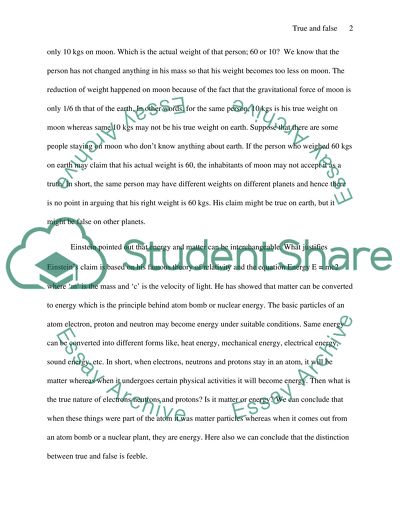Cite this document
(Accepting Relativism as a Universal Fact Term Paper, n.d.)
Accepting Relativism as a Universal Fact Term Paper. Retrieved from https://studentshare.org/philosophy/1569780-tok-essay-on-there-are-no-absolute-distinctions-between-what-is-true-and-what-is-false-discuss-this-claim
Accepting Relativism as a Universal Fact Term Paper. Retrieved from https://studentshare.org/philosophy/1569780-tok-essay-on-there-are-no-absolute-distinctions-between-what-is-true-and-what-is-false-discuss-this-claim
(Accepting Relativism As a Universal Fact Term Paper)
Accepting Relativism As a Universal Fact Term Paper. https://studentshare.org/philosophy/1569780-tok-essay-on-there-are-no-absolute-distinctions-between-what-is-true-and-what-is-false-discuss-this-claim.
Accepting Relativism As a Universal Fact Term Paper. https://studentshare.org/philosophy/1569780-tok-essay-on-there-are-no-absolute-distinctions-between-what-is-true-and-what-is-false-discuss-this-claim.
“Accepting Relativism As a Universal Fact Term Paper”, n.d. https://studentshare.org/philosophy/1569780-tok-essay-on-there-are-no-absolute-distinctions-between-what-is-true-and-what-is-false-discuss-this-claim.


